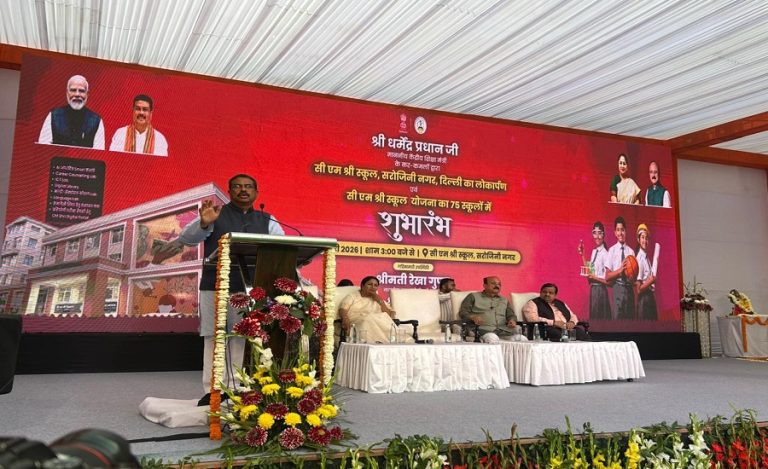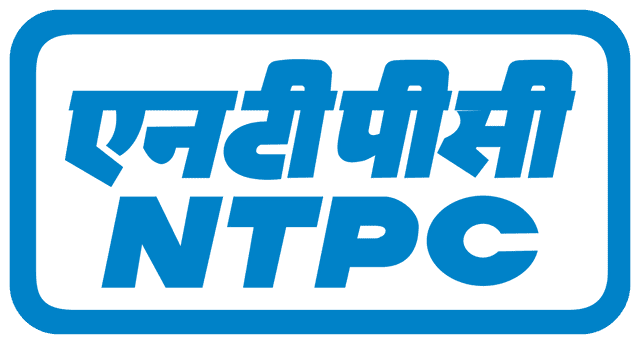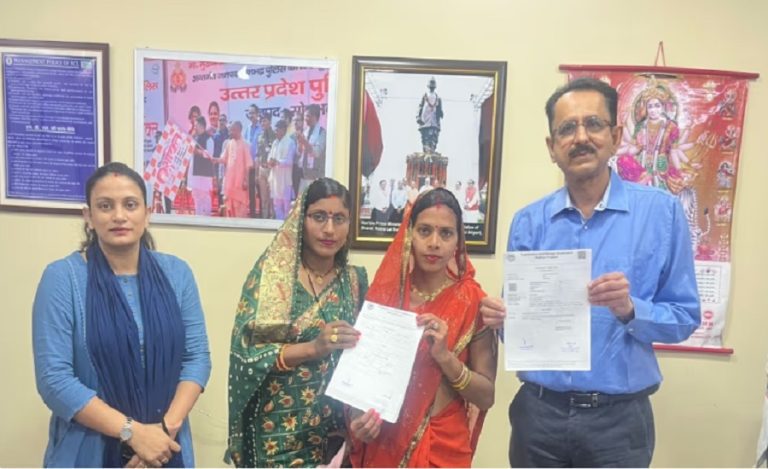Mumbai: Maharashtra’s solar energy revolution is emerging as a model for the entire country, with the state’s ambitious schemes delivering lower electricity tariffs, daytime power for farmers, and relief for industrial and commercial consumers. During a visit to ‘Prakashgad’, the headquarters of MSEDCL, Additional Chief Secretary (Energy) of Kerala, Puneet Kumar, praised the state’s rapid strides in solar power, describing them as exemplary for other states.
A major driving force behind this transformation is IAS officer Lokesh Chandra, Chairman and Managing Director of MSEDCL, whose leadership has ensured large-scale implementation of pioneering projects. Maharashtra, with the country’s highest number of 45 lakh agricultural pumps, now supplies 30% of its power—16,000 MW—to the farming sector. Under Chandra’s direction, the state has installed 5.12 lakh solar agricultural pumps, the highest in India, through the PM Kusum-C Scheme and Magel Hu Solar Agricultural Pump Scheme.
read also: Special Court Jails Former Maharashtra Minister Bacchu Kadu for Assault on Senior IAS Officer
Chandra is also spearheading the world’s largest decentralized solar power project—Mukhyamantri Saur Krishi Vahini Yojana 2.0—targeting 16,000 MW capacity. Already, 1,972 MW solar projects are supplying daytime electricity to farmers via 369 substations, while 2.5 lakh households now have zero electricity bills under the PM Suryaghar Yojana.
The state’s Resource Adequacy Plan, guided by Chief Minister and Energy Minister Devendra Fadnavis, aims to add 45,000 MW by 2030—38,000 MW from green energy—boosting renewable capacity from 13% to 52%, attracting ₹3.3 lakh crore in investment, and creating 7 lakh jobs. Additional Chief Secretary (Energy) Abha Shukla noted that these initiatives will save ₹82,000 crore in power purchases and lower tariffs across categories.
Kerala’s ACS lauded Chandra’s execution-focused approach, calling Maharashtra’s solar achievements “a benchmark in India’s renewable energy journey.”




























